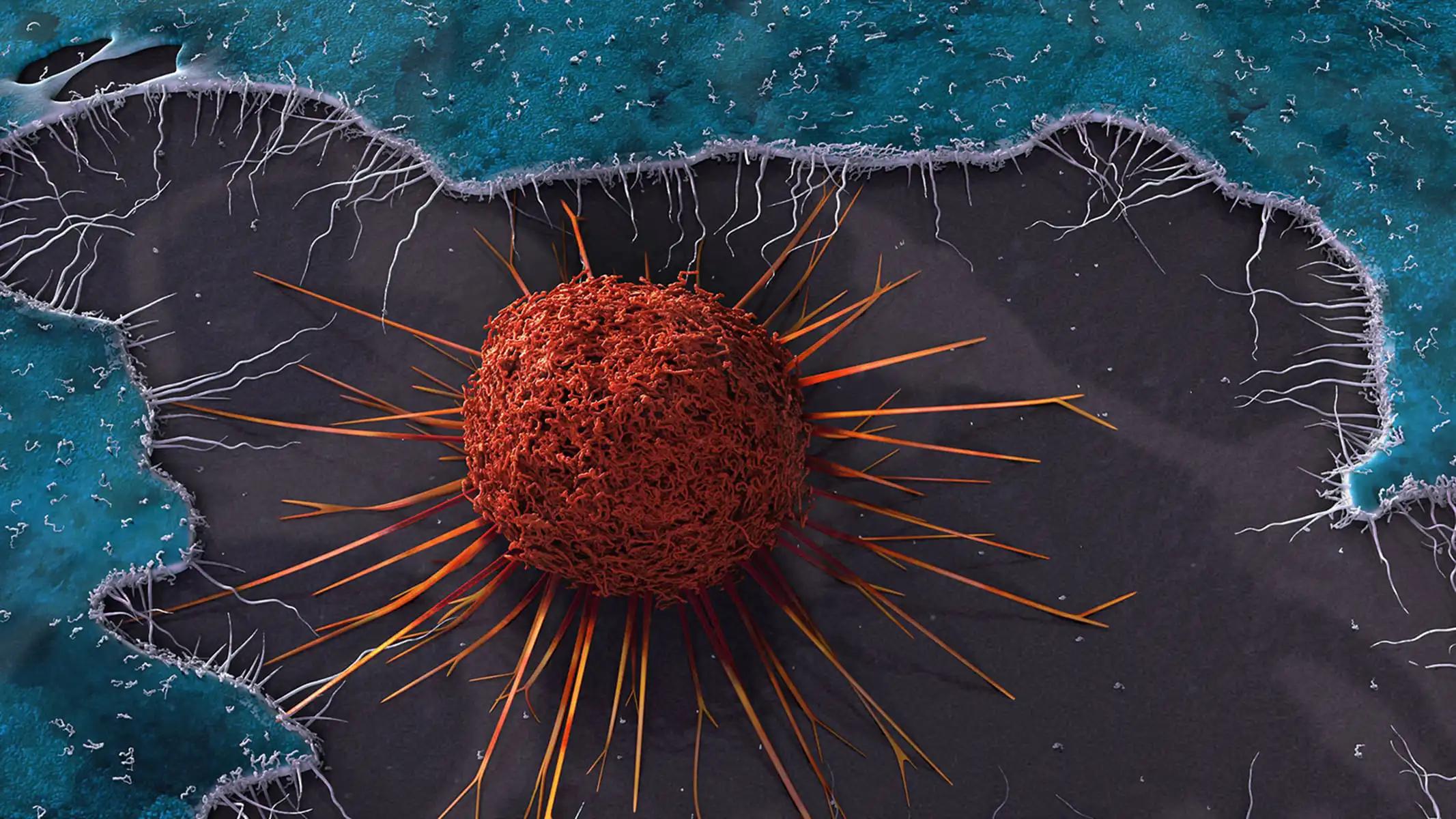KEY TAKEAWAYS
- The phase II study determined the efficacy and safety of sintilimab combined with axitinib as a treatment for FH-RCC.
- The study’s primary endpoint was the ORR.
- The trial suggested that combining sintilimab with axitinib showed a manageable safety profile, providing a hopeful tumor response rate in advanced FH-RCC.
Renal cell carcinoma linked with a deficiency in fumarate hydratase (FH-RCC) is an uncommon yet very aggressive type of cancer, primarily resulting from genetic alterations in the FH gene. Presently, there isn’t a recognized standard treatment. This phase II study explored the effectiveness and safety of using sintilimab combined with axitinib for FH-RCC patients.
Patients (pts) received treatment at multiple hospitals across the Republic of China. To qualify, pts had to be at least 18 years old and newly diagnosed with FH-RCC using FH immunohistochemistry, next-generation sequencing, or multiplex ligation-dependent probe amplification. They were administered sintilimab (via IV, every three weeks) together with axitinib (5 mg daily, orally) as the primary treatment until the disease advanced or they could no longer tolerate the treatment. The primary endpoint was to determine the objective response rate (ORR, as per RECIST v1.1 guidelines).
From July 2021 to October 2022, 21 individuals participated in the study. As of the recent data evaluation in October 2022, the median monitoring period was 9 months (ranging from 0.9-15.2 months). Out of these, 19 pts were evaluated for treatment effectiveness. The confirmed full response rate stood at 15.8% (3 out of 19), and the ORR was 63.1% (12 out of 19). The disease was controlled in 89.4% of the cases (17 out of 19). The median progression-free survival (PFS) hasn’t been established, yet there’s an impressive 12-month PFS rate of 72.3%. All grade and severe adverse events from the treatment appeared in 95% (20 out of 21) and 23.8% (5 out of 21) of the pts, respectively.
Combining Sintilimab with Axitinib exhibited a tolerable safety level and provided a hopeful response rate in treating advanced FH-RCC. The research is still underway, aiming to include 41 participants from 8 locations. The study was initiated on June 2, 2021.
Source: https://www.auajournals.org/doi/10.1097/JU.0000000000003302.09
Clinical Trial: https://classic.clinicaltrials.gov/ct2/show/NCT04387500
Zhang, Xingming; Liu, Haoyang; Zhang, Yaowen; Zhao, Junjie; Chen, Yuntian; Zeng, Yuhao; Wang, Zilin; Sun, Guangxi; Liang, Jiayu; Zhu, Sha; Zhao, Jinge; Zheng, Linmao; Yin, Xiaoxue; Chen, Junru; Hu, Xu; Sheng, Xinan; Wang, Yongquan; Gong, Kan; Liu, Xiaodong; Huang, Rui; Wei, Qiang; Li, Xiang; Liu, Jiyan; Shen, Pengfei; Chen, Ni; Yao, Jin; Liu, Zhenhua; Zeng, Hao PD24-09 PHASE II, MULTI-CENTER STUDY OF SINTILIMAB IN COMBINATION WITH AXITINIB IN PATIENTS WITH ADVANCED FUMARATE HYDRATASE-DEFICIENT RENAL CELL CARCINOMA, Journal of Urology: April 2023 – Volume 209 – Issue Supplement 4
doi: 10.1097/JU.0000000000003302.09



